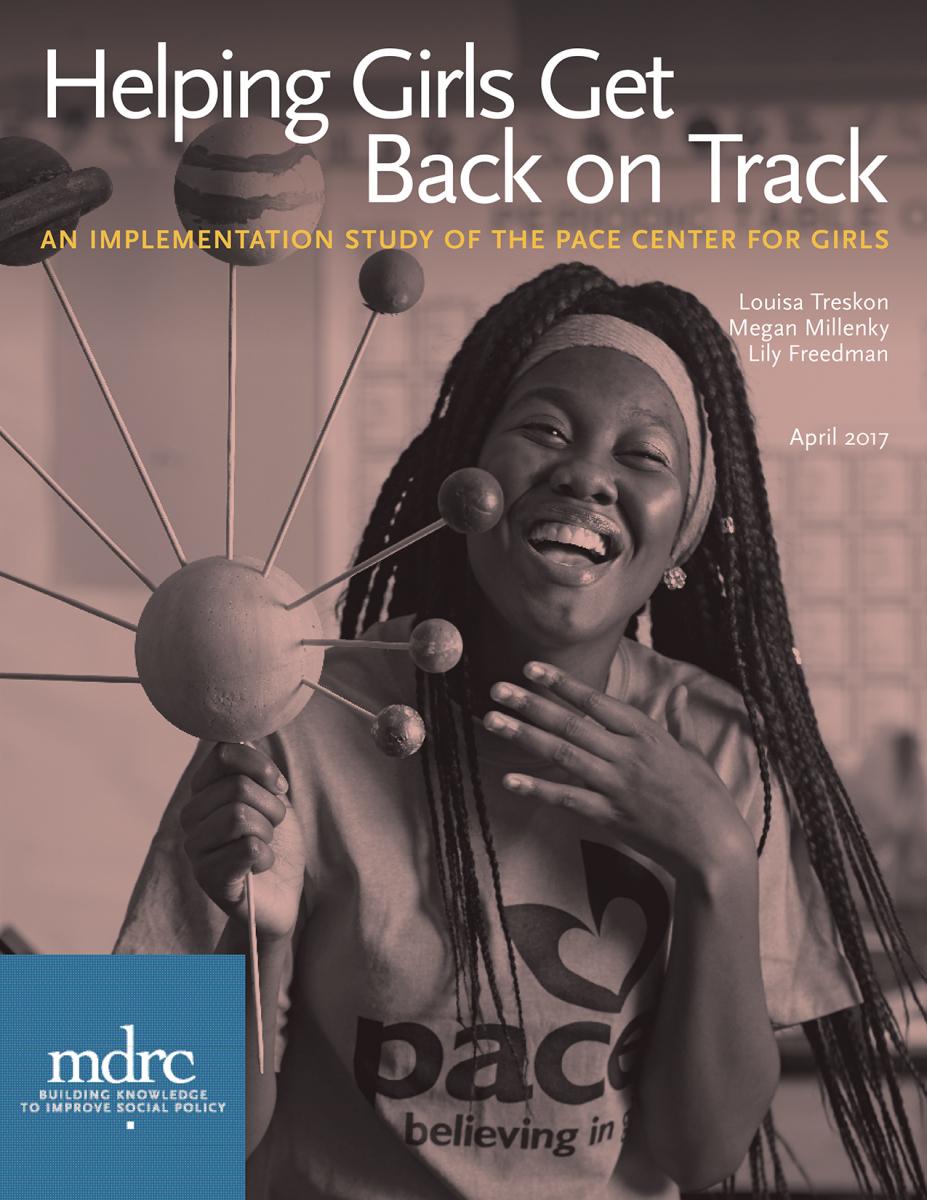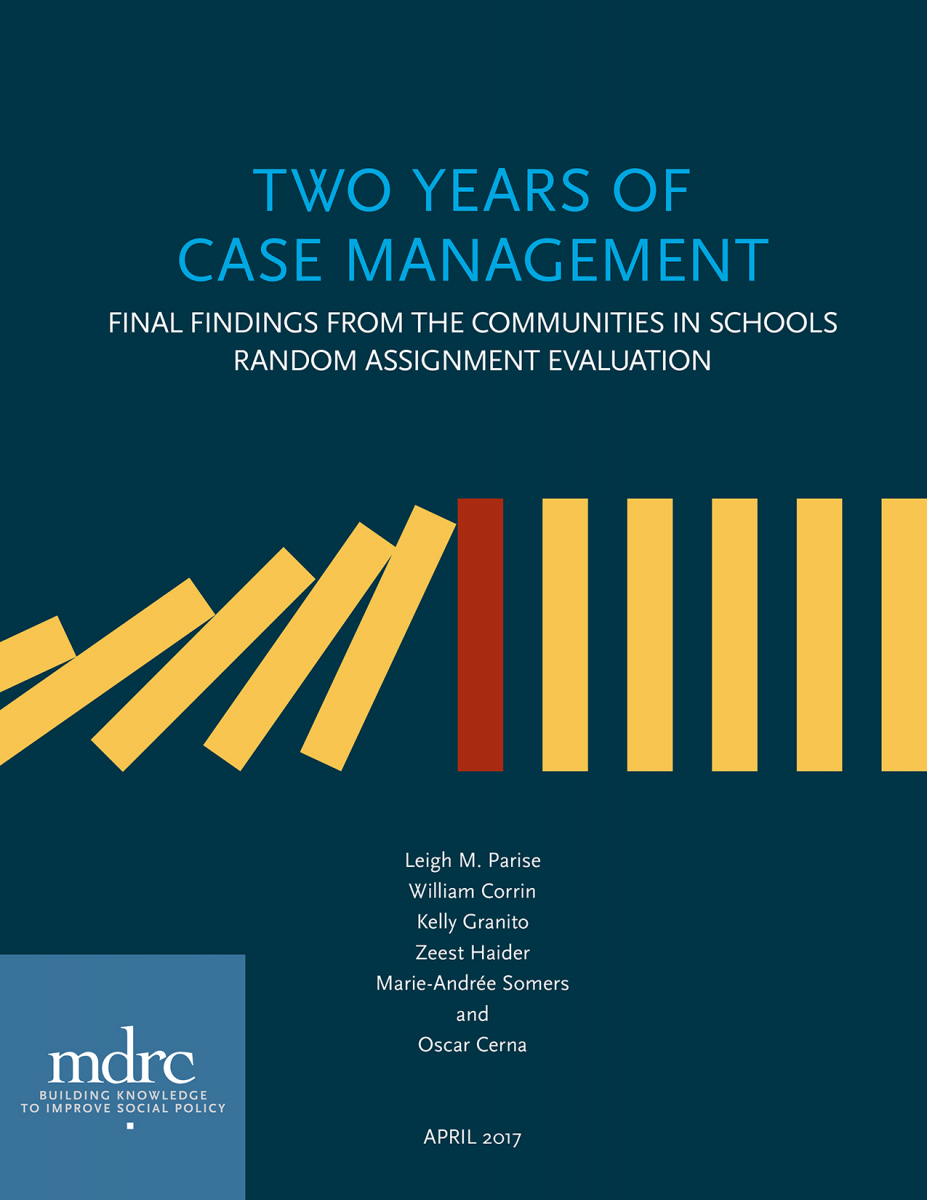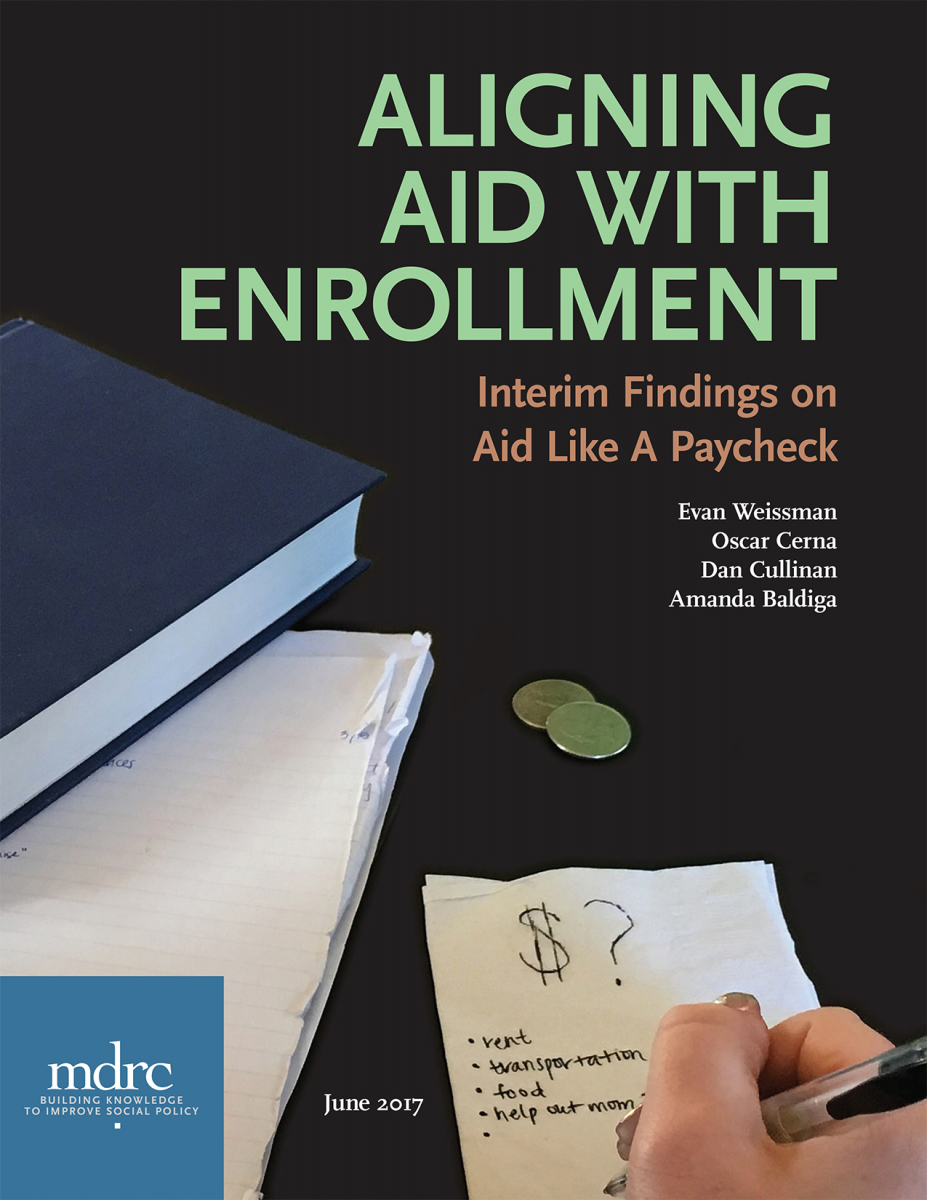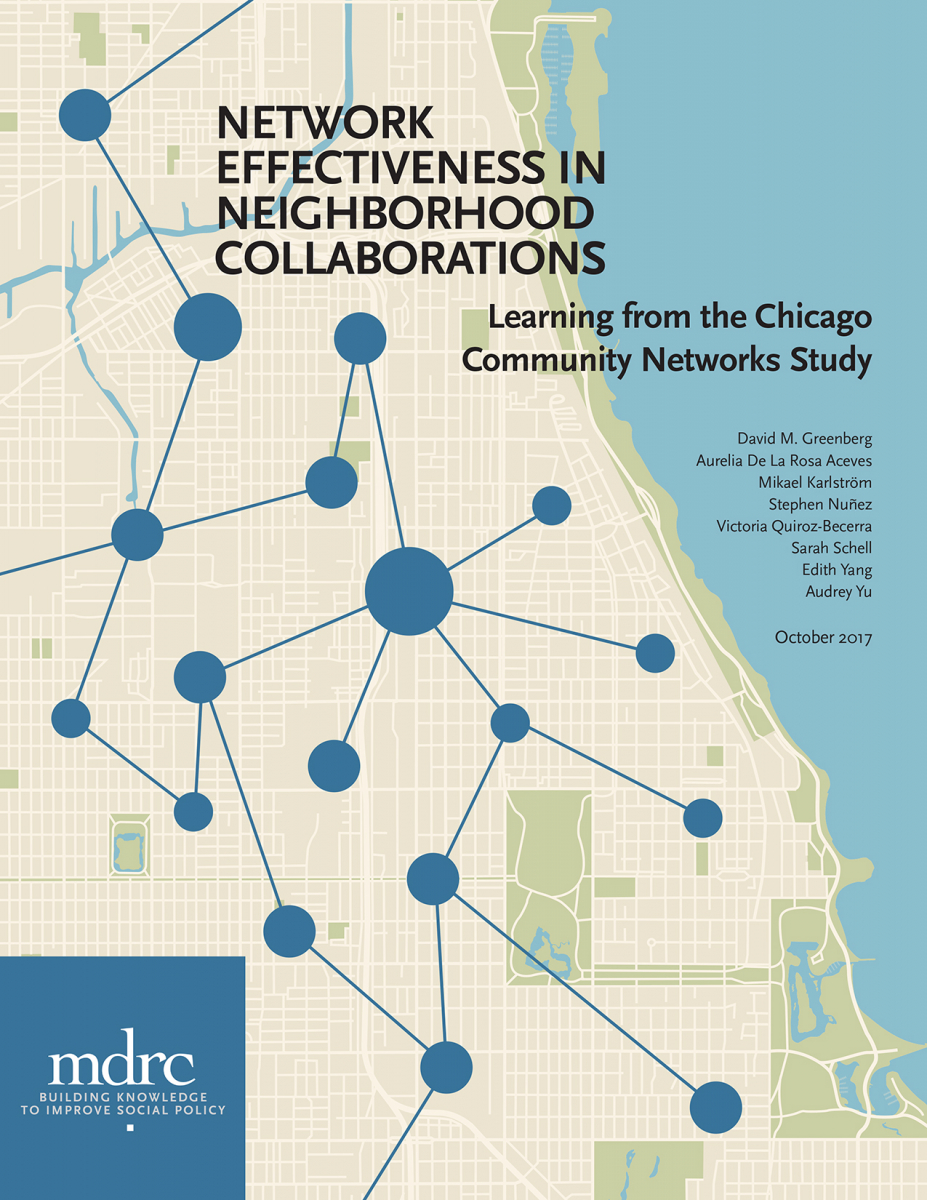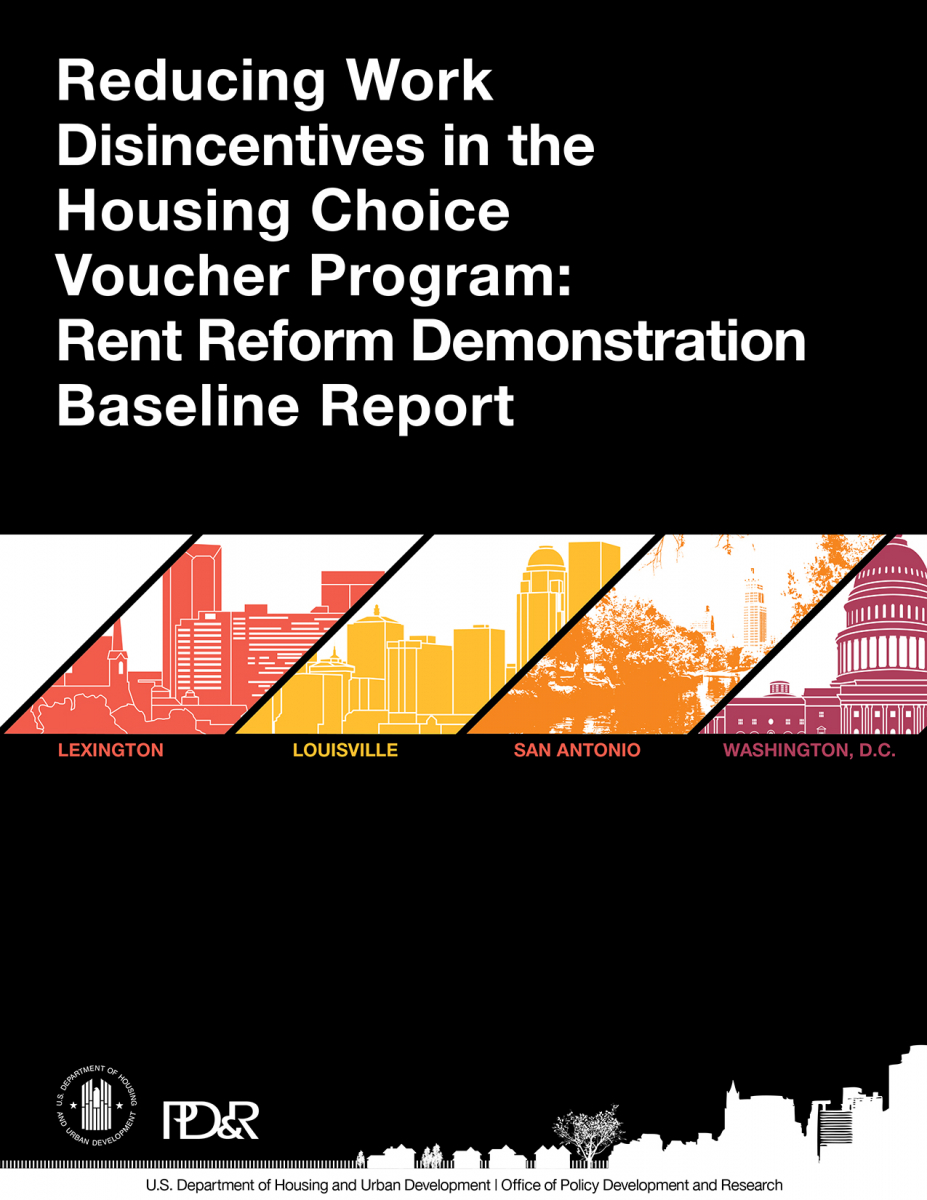The Implementation Research Incubator Celebrates a Busy Year

We’re getting in the “year-end wrap-up” spirit a bit early here at the Incubator. In this post, we highlight some implementation research activities at MDRC over the past year and preview what’s in store for 2018.
In 2017, MDRC’s implementation researchers launched the Implementation Research Incubator, where we aim to
- share ideas about implementation research data, methods, analysis, and findings;
- foster development of ideas and insights about implementation research;
- integrate understanding across policy domains and academic disciplines;
- advance ransparent, rigorous implementation research; and
- inform implementation practice and scale-up of evidence-based programs.
We also conducted workshops on “Implementation Research in Randomized Controlled Trials” at four professional conferences: the Society for Research in Educational Evaluation (March), the Public Management Research Conference (June); the Global Implementation Conference (June); and the National Association of Welfare Research and Statistics (August). These sessions focused on program adaptation and how service provision differs between program and control groups (service contrast) — topics that we’ll continue to work on during the coming year.
New projects
In 2017, MDRC started work on a number of projects in which implementation research will play a role. These include evaluations of education initiatives — the P-TECH 9-14 school model, which incorporates employment opportunities into the curriculum; The Finish Line: Graduation by Design, which uses behavioral science to analyze barriers to college completion; the scholarship and student services initiative Detroit Promise Path; the New World of Work 21st-century skills training program; and several K-12 projects in the early stages — as well as programs promoting employment and income security, criminal justice reform initiatives, and a study of innovation and effectiveness in Temporary Assistance for Needy Families (TANF) programs.
Publications
In 2017, implementation research was featured in or informed findings in more than two dozen project reports and other publications:
| Families and children | Criminal justice |
|
New York City’s Pretrial Supervised Release Program: An Alternative to Bail |
|
| Behavioral science | Methods |
|
MDRC’s Approach to Using Predictive Analytics to Improve and Target Social Services Based on Risk |
Looking forward
We’re excited about upcoming Incubator posts planned for 2018:
-
How implementation research fits within a broad paradigm of evidence-building and learning
-
Implementation research findings from the 88-site Mother and Infant Home Visiting Program Evaluation (MIHOPE)
-
A framework and practical guide for understanding and measuring how service provision differs between program and control groups (service contrast) in randomized controlled trials
- How systematic implementation research, conducted at all stages of program development and evaluation, can inform the scale-up of evidence-based programs
-
Implementation and process research findings from the Family Self-Sufficiency Program Evaluation
-
A framework and practical guidance on understanding and measuring fidelity (Fidelity 101!)
-
Practical strategies that our researchers use to conduct focus groups
-
… and more!
We’ll see you back here in the new year!






